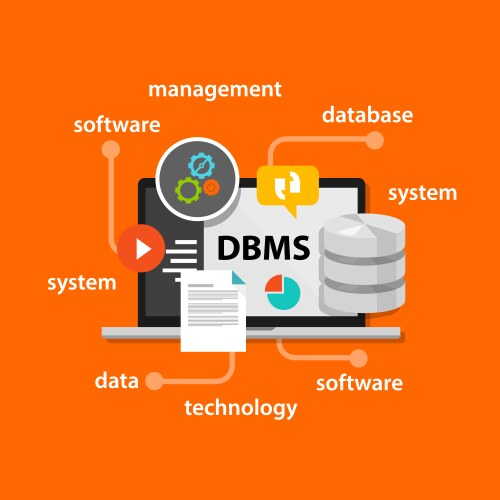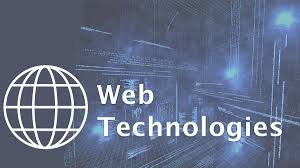PSG iTech Learning Management System
Course categories
Skip available courses
Available courses
- Teacher: CHITRA ASSOCIATE PROFESSOR
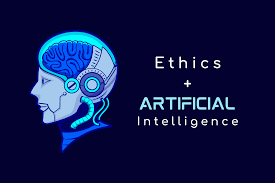
- Teacher: LOKESH ASSOCIATE PROFESSOR
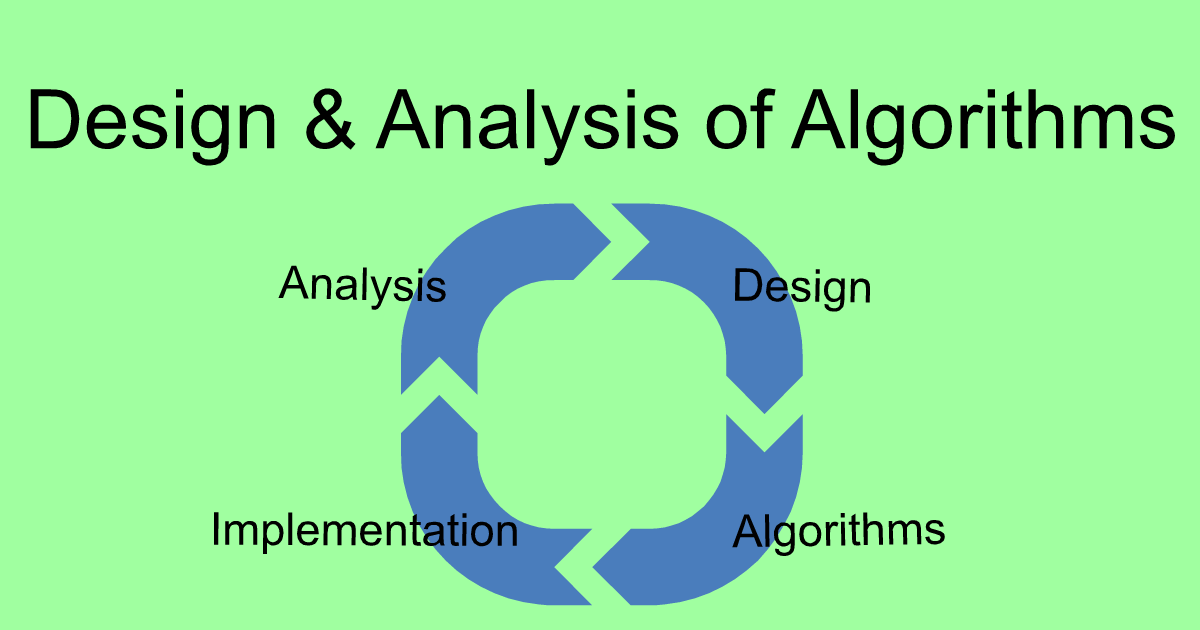
Design and Analysis of Algorithms is a fundamental aspect of computer science that involves creating efficient solutions to computational problems and evaluating their performance. DSA focuses on designing algorithms that effectively address specific challenges and analyzing their efficiency in terms of time and space complexity.
- Teacher: LOKESH ASSOCIATE PROFESSOR
- Teacher: SHABARIRAM ASSISTANT PROFESSOR (SENIOR GRADE)
- Teacher: LOKESH ASSOCIATE PROFESSOR
Foundation Engineering
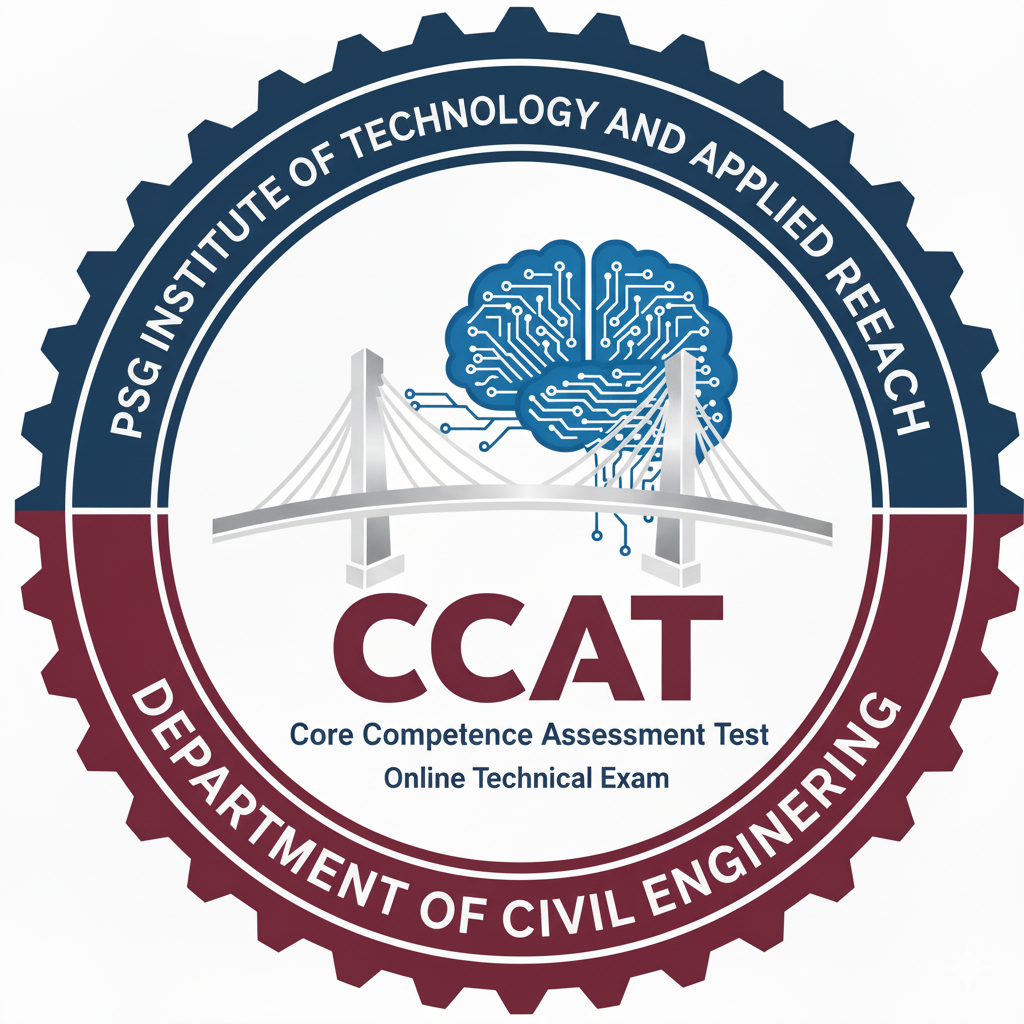
Dear Students (Batch 2023)
This CCAT 1 is conducted as a part of your IAT 1.
List of Courses for CCAT 1
- CE3501 Design of Reinforced Concrete Structural Elements
- CE3502 Structural Analysis - I
- CE3503 Foundation Engineering
- CE3003 Prefabricated Structures
- CE3026 Traffic Engineering and Management
Thank you
Ground Improvement Techniques
Soil Mechanics
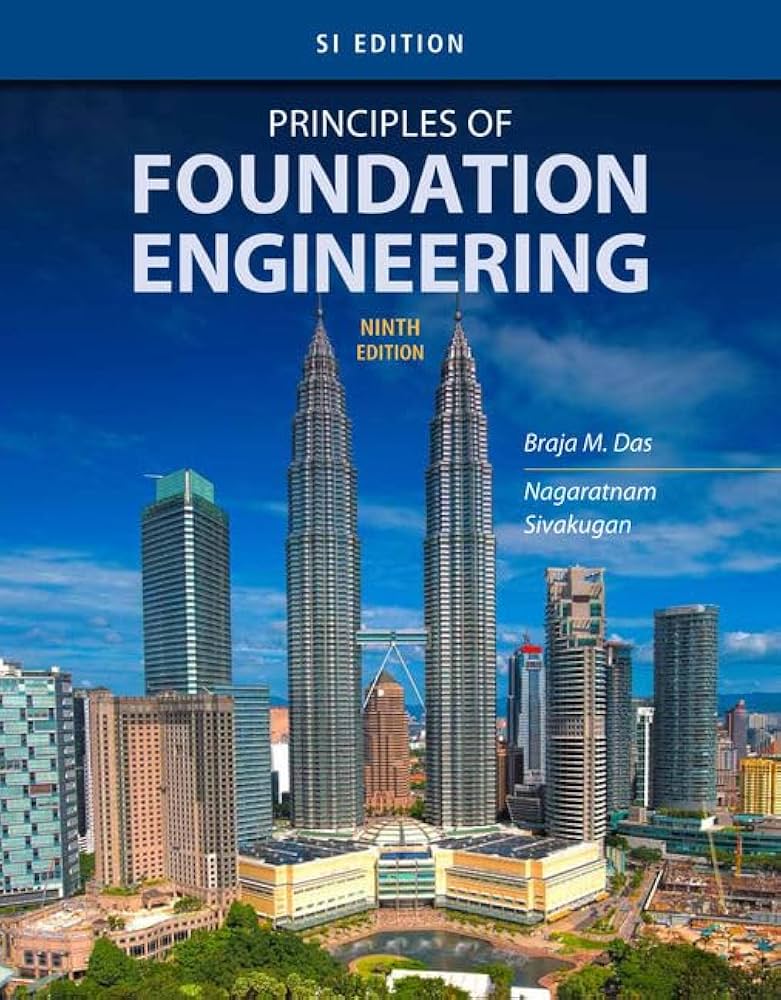
COURSE OBJECTIVE:
1. To impart knowledge to plan and execute a detail site investigation programme, to select geotechnical design parameters and type of foundations. Also to familiarize the students for the geotechnical design of different type of foundations and retaining walls
- Teacher: Sathya Balaji
- Teacher: Jeevitha P
- Teacher: Jeevitha P
- Teacher: Jeevitha P
- Teacher: Jeevitha P
- Teacher: Jeevitha P
- Teacher: Jeevitha P

Course Objective
• To extend student ‘s logical and mathematical maturity and ability to deal with abstraction.
• To introduce most of the basic terminologies used in computer science courses and application of ideas to solve practical problems.
• To understand the basic concepts of combinatorics and graph theory.
• To familiarize the applications of algebraic structures.
• To understand the concepts and significance of lattices and Boolean algebra which are widely used in computer science and engineering.
- Teacher: GRAYNA ASSISTANT PROFESSOR
- Teacher: Admin PSGiTech
- Teacher: Admin PSGiTech
- Teacher: Admin PSGiTech
- Teacher: KALA ASSOCIATE PROFESSOR
- Teacher: Admin PSGiTech
- Teacher: Admin PSGiTech
- Teacher: Admin PSGiTech
- Teacher: Admin PSGiTech

Sample content regarding Moodle workshop
- Teacher: Moodle workshop User 6
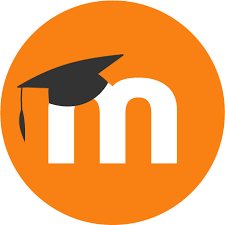
Moodle (Modular Object-Oriented Dynamic Learning Environment) is a widely used open-source learning management system (LMS) designed to provide educators, administrators, and learners with a single robust, secure, and integrated system to create personalized learning environments.
The main learning objective of this course is to provide hands on training to the students in:
- Wiring various electrical joints in common household electrical wire work.
- Soldering and testing simple electronic circuits; Assembling and testing simple electronic components on PCB.
- Teacher: SHABARIRAM ASSISTANT PROFESSOR (SENIOR GRADE)
- Teacher: LOKESH ASSOCIATE PROFESSOR
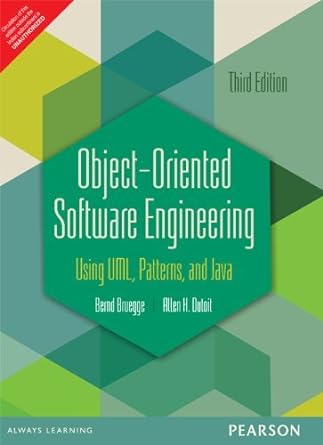
COURSE OBJECTIVES:
To understand Software Engineering Life cycle Models
To Perform software requirements analysis
To gain knowledge of the System Analysis and Design concepts using UML.
To understand software testing and maintenance approaches
To work on project management scheduling using DevOps
COURSE OBJECTIVES:
• To understand foundations of computation including automata theory
• To construct models of regular expressions and languages.
• To design context free grammar and push down automata
• To understand Turing machines and their capability
• To understand Undecidability and NP class problems
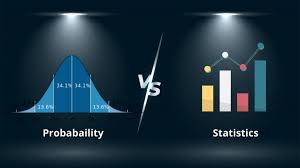
This course aims at providing the required skill to apply the statistical tools in engineering problems.
· To introduce the basic concepts of probability and random variables.
· To introduce the basic concepts of two-dimensional random variables.
· To acquaint the knowledge of testing of hypothesis for small and large samples which plays an important role in real life problems.
· To introduce the basic concepts of classifications of design of experiments which plays very important roles in the field of agriculture and statistical quality control.
- Teacher: GRAYNA ASSISTANT PROFESSOR
- Teacher: KALA ASSOCIATE PROFESSOR
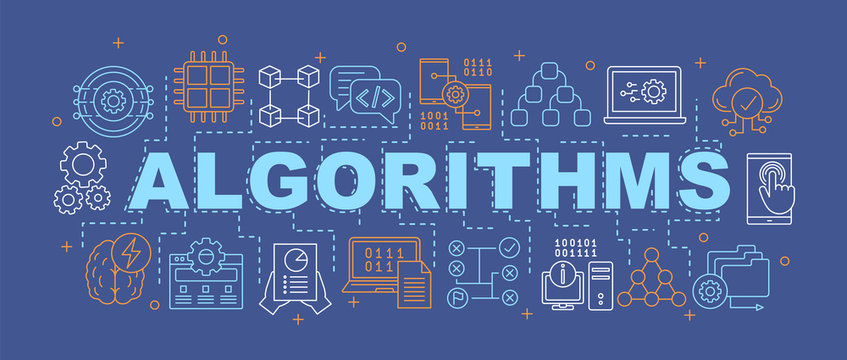
The word Algorithm means ” A set of finite rules or instructions to be followed in calculations or other problem-solving operations ”
Or
” A procedure for solving a mathematical problem in a finite number of steps that frequently involves recursive operations”.
- Teacher: MANIMEGALAI PROFESSOR & HEAD
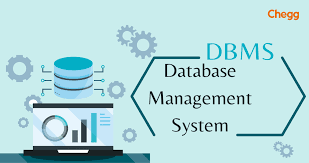
To learn the fundamentals of data models, relational algebra and SQL
To represent a database system using ER diagrams and to learn normalization techniques
To understand the fundamental concepts of transaction, concurrency and recovery
processing
To understand the internal storage structures using different file and indexing techniques
which will help in physical DB design
To have an introductory knowledge about the Distributed databases, NOSQL and database
security
- Teacher: SIVAGANESAN PROFESSOR
- Teacher: SHABARIRAM ASSISTANT PROFESSOR (SENIOR GRADE)
- Teacher: LOKESH ASSOCIATE PROFESSOR
- Teacher: EEE DEPARTMENT

COURSE OBJECTIVES:
To impart knowledge about the configuration of the electrical power systems.
To study the line parameters and interference with neighboring circuits.
To understand the mechanical design and performance analysis of transmission lines.
To learn about different insulators and underground cables.
To understand and analyze the distribution system
- Teacher: MOHAMED IQBAL PROFESSOR

To understand the working of special machines like stepper motor, switched reluctance motor, BLDC motor & PMSM To derive torque equation and study the characteristics of special machines To design the controller for special machines To study the working principle of synchronous reluctance motor To simulate closed loop operation of BLDC motor

You would be curious to know how EV integrated with Grid
- Teacher: MOHAMED IQBAL PROFESSOR
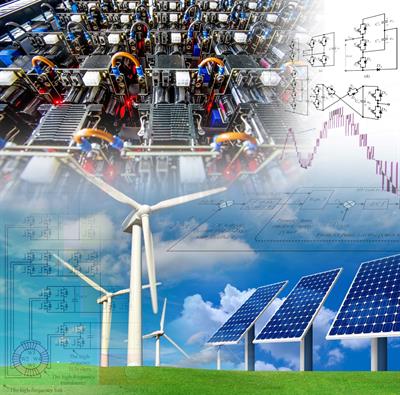
Multilevel Power Converter

dsp for third year eee students
- Teacher: Roger Rozario AP EEE
- Teacher: EEE DEPARTMENT
- Teacher: EEE DEPARTMENT
- Teacher: EEE DEPARTMENT
Magnetic circuit and Generator
- Teacher: SUBASH KUMAR ASSOCIATE PROFESSOR
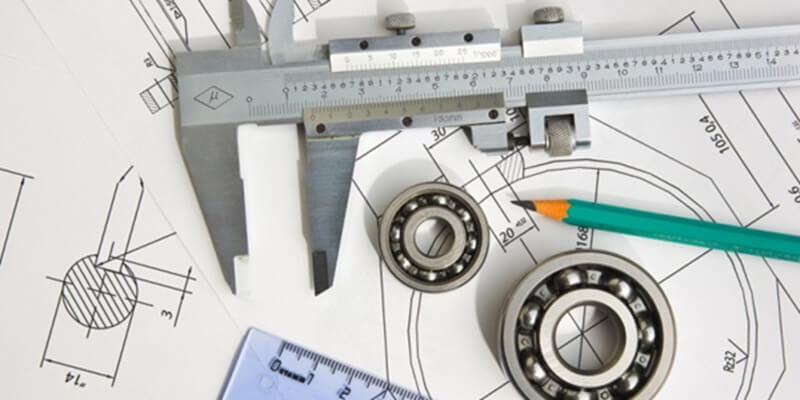
Engineering Graphics is the set of graphic communication techniques used to convey the ideas, designs, concepts and information using proper standards.
- Teacher: THIRUMALAI KUMARAN S
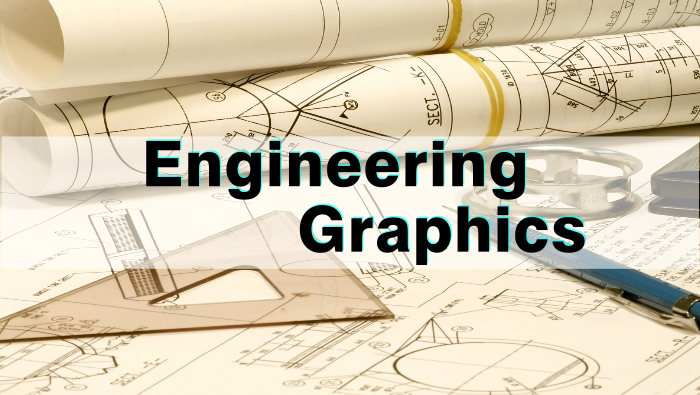
Engineering Graphics is the set of graphic communication techniques used to convey the ideas, designs, concepts and information using proper standards.
